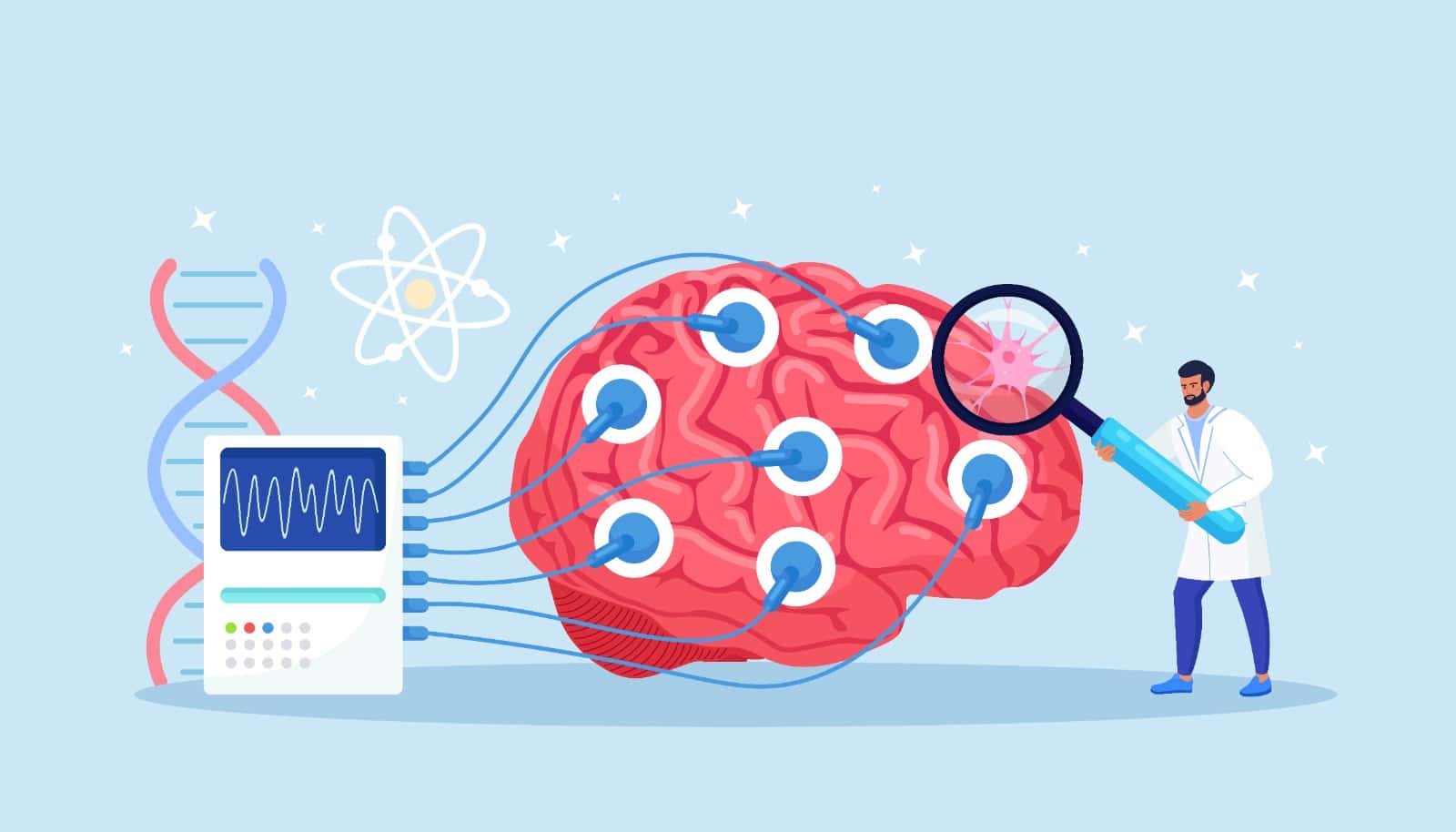
Homeopathy is a system of alternative medicine that uses highly diluted natural substances to treat various ailments. While homeopathy is often associated with general wellness and common ailments, it can also be used to address neurological conditions.
The basic principle of homeopathy is that the substance that causes a symptom in a healthy person can also be used to treat that symptom in a person who is ill. This is known as the "law of similars," and it forms the foundation of homeopathic treatment.
In the case of neurological conditions, homeopathic remedies are used to address the specific symptoms of the condition. For example, for a person suffering from migraines, a homeopathic remedy made from a substance that causes headaches in a healthy person may be used to treat the migraines.
There are many different homeopathic remedies that can be used to treat neurological conditions. Some of the most commonly used remedies include Belladonna, Bryonia, Gelsemium, and Natrummuriaticum.
Belladonna is a commonly used homeopathic remedy for headaches and migraines. It is made from the extract of the deadly nightshade plant, and is used to treat symptoms such as throbbing headaches, sensitivity to light and sound, and a feeling of fullness in the head.
Bryonia is another commonly used homeopathic remedy for headaches and migraines. It is made from the extract of the Bryonia plant, and is used to treat symptoms such as severe headaches, a feeling of tightness in the head, and a sensitivity to light.
Gelsemium is a homeopathic remedy that is used to treat symptoms of anxiety and nervousness. It is made from the extract of the Gelsemium plant, and is used to treat symptoms such as trembling, weakness, and a feeling of impending doom.
Natrummuriaticum is a homeopathic remedy that is used to treat symptoms of depression and emotional stress. It is made from the extract of sodium chloride (table salt), and is used to treat symptoms such as feelings of hopelessness, a lack of interest in life, and a lack of energy.
Homeopathy is a holistic approach to healing that takes into account the whole person, including their physical, emotional, and spiritual well-being. It is important to note that homeopathy should not be used as a replacement for conventional medical treatment for serious or life-threatening conditions. It is important to consult with a qualified homeopath or healthcare professional before starting any homeopathic treatment.
It is important to note that homeopathy is not widely accepted by the medical community as an effective treatment for neurological conditions and more studies are needed to understand their effectiveness. However, some people may find relief from homeopathy and it may be worth considering as an option under guidance of a qualified practitioner.
In conclusion, homeopathy offers a holistic approach to treating neurological conditions by addressing the specific symptoms of the condition and using highly diluted natural substances. It is important to consult with a qualified practitioner before starting any homeopathic treatment and not to use it as a replacement for conventional medical treatment.
Conclusion: Homeopathy is a system of alternative medicine that uses highly diluted natural substances to treat various ailments. While homeopathy is often associated with general wellness and common ailments, it can also be used to address neurological conditions.
